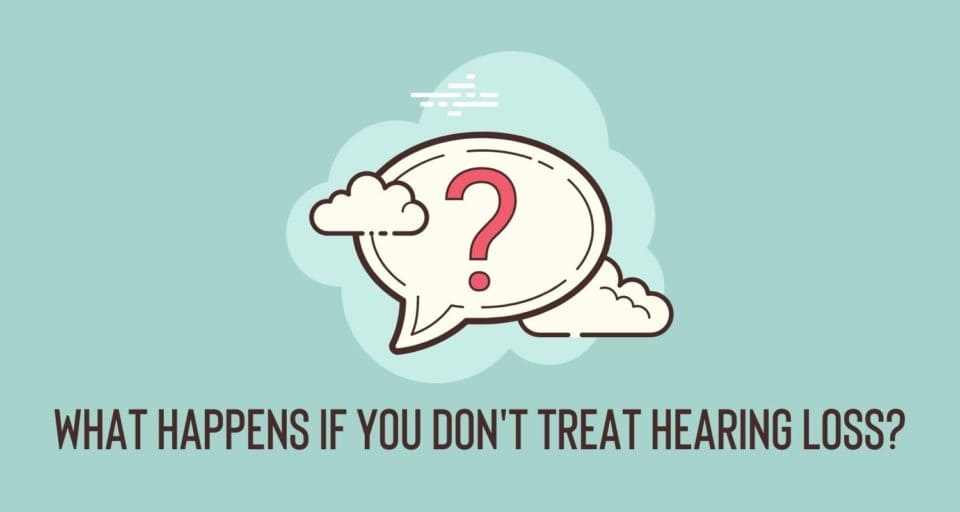- A Closer Look at Common Myths About Hearing Loss - May 7, 2024
- The Impact of Pets on Emotional and Hearing Health - April 26, 2024
- Strategies for Coping with Single-Sided Deafness - April 16, 2024
Hearing loss is the third most common health condition in the United States, affecting 48 million individuals and one out of every three persons over 60. Untreated hearing loss has long been connected to various health issues, as medical research on dementia, balance, heart disease, and depression have indicated. People often acquire new ways to adjust to the noises and speech patterns around them while hearing loss goes untreated and worsens.
Even so, people with untreated hearing loss tend to disengage socially and withdraw from their closest relationships. This could be connected to increased anxiety, despair, and loneliness over time.
Study on hearing loss and social isolation
Researchers from the University of British Columbia discovered new information about hearing loss in older populations, according to an article published in Ear and Hearing in June 2016. Researchers discovered that “every 10 decibel loss in hearing sensitivity (approximately similar to the sound of quiet breathing) increased the probability of social isolation by 52 percent.” This rate was discovered among seniors aged 60 to 69.
Hearing loss causes our ears to take in less information, and the areas of our brains that process and store this audio data slow down over time. The neurological pathways that our brains utilize to comprehend sound may become dull with neglect as people wait an average of seven years to seek treatment for hearing loss.
Hearing loss and dementia may be linked, according to a team of Johns Hopkins University researchers. When the brain struggles to hear and understand sounds and words, it develops a “cognitive load,” which causes specific cognitive functions to get fatigued. As a result, those who have untreated hearing loss may lose some of their ability to understand speech. As a result, socializing becomes difficult, unpleasant, and inconvenient.
Another study in The Journal of Ear and Hearing in August 2014 found that persons with hearing loss are more likely to experience acute weariness and poor energy levels. Even though the degrees of hearing loss varied, researchers discovered that all subjects were tired, with twice the frequency of severe fatigue compared to the general population. This low energy level may also play a role in avoiding noisy social situations.
Hearing Loss and Communication Issues
The physical and emotional impacts of hearing loss, if left untreated, can hurt a person’s interpersonal connections. Even the most active people may find themselves less engaged in social activities, engaging with friends and family, and more prone to social isolation due to stress and worry. Hearing loss has also been related to depression as a result of this.
Any strong relationship is built on the foundation of communication. Communication in a marriage or partnership could be challenging for older Americans, with one in three suffering from hearing loss. “Of the 27 million U.S. individuals with hearing loss, the number one identified relationship that deteriorated was the one with their romantic partner (35 percent), followed by acquaintances, family members, and coworkers,” according to a poll performed in May 2015.,ko
Untreated hearing loss frequently causes confusion and frustration in conversations. It may be more convenient to avoid encounters entirely. We become socially isolated when we don’t feel included in talks that we can’t hear properly, especially in noisy situations.
According to a recent study, adults with hearing loss are said to incorporate the negative features of hearing loss into their personalities and “find techniques to cope with and manage hearing loss in their daily lives,” according to a recent study. Individuals with untreated hearing loss may become more irritated, apprehensive, or avoidant. It’s no surprise that we’d prefer to avoid social activities and communication with our loved ones when we’re feeling this way.
It’s critical to take action if you’ve seen changes in your hearing and have found yourself withdrawing from your relationships with friends, family, and community. Schedule a hearing test with us and take necessary action to avoid becoming isolated from your family, friends, and loved ones.

